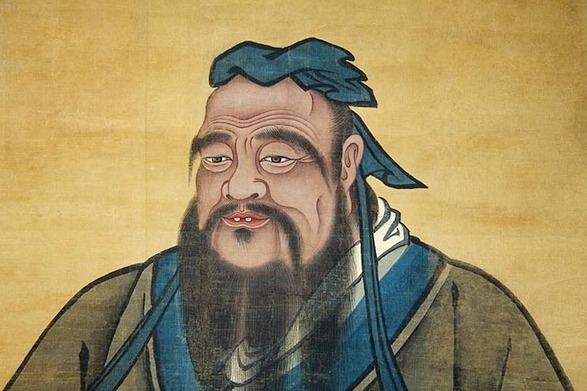Ancient military sage leads ranks of tourists


Yuncheng in southwestern Shanxi to host thousands of people in tribute to heroic deity Guan Gong
The 36th Guan Gong Cultural Tourism Festival is scheduled to be held from Tuesday to Thursday in Guan Gong's hometown of Yuncheng. Thousands of domestic and international devotees are expected to take part in the event in this southwestern Shanxi city.
According to organizers of the event, the festival aims to pass on the culture of Guan Gong and promote local economic development.
Guan Gong — which means Lord Guan — is the reverent term of address for Guan Yu, a general in the period spanning the late Eastern Han Dynasty (25-220) and the Three Kingdoms (220-280). He is also known as Guandi, or Emperor Guan.
In Chinese folklore, Guan Gong is a revered figure and a superhero in the eyes of the Chinese people.
His legacy of loyalty, integrity, mercy and bravery — as depicted in China's classic novel Romance of the Three Kingdoms — has earned him deity status in traditional Chinese culture.
Guan was one of the most prominent generals of his time serving under the warlord Liu Bei. He played a significant role in the civil war that led to the collapse of the Eastern Han Dynasty and the establishment of Shu Han (one of the Three Kingdoms), of which Liu was the first emperor.
Liu was said to be a descendant of the Han royal family and his state Shu Han was regarded as the legitimate extension of the previous dynasty. This confirmed Guan was a warrior for a righteous cause and distinguished him from other generals at that time.
The cult of Guan grew during the Tang Dynasty (618-907), and his status reached new heights during the Song Dynasty (960-1279). Emperor Huizong of Song, who was also a devoted Taoist, was the first ruler to make Guan a "deity" in the official Taoist canon. The founder of the Ming Dynasty (1368-1644), Zhu Yuanzhang, later gave him the higher title of " (heavenly) emperor".
More honors followed and his prestige was later recognized by all the major beliefs in China: Confucianism, Buddhism and Taoism.
To Confucians, he is a "military sage"; to Taoists, he is the "Holy Ruler Deity Guan"; and to Buddhists, he is the "Sangharama Bodhisattva".

































